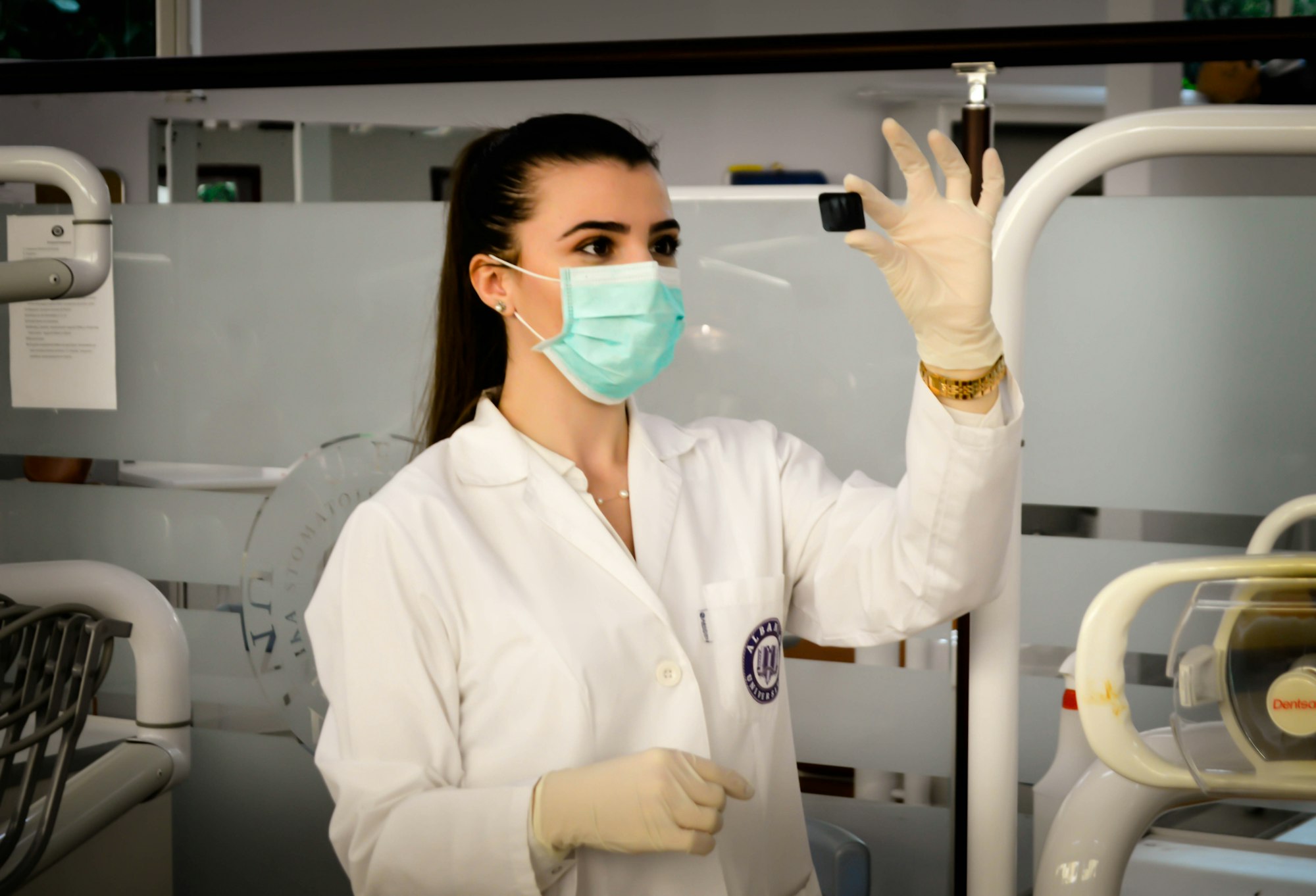Medical Residents: Responsibilities And What They Do in the USA

You've finished medical school and are now on your way to becoming a doctor. The most crucial part of your medical journey begins right now. After receiving your medical degree, you must complete residency training to become a licensed physician.
So, what exactly is a medical resident? Continue reading to learn everything you need to know about being a medical resident and the responsibilities that come with it.
Who Is A Medical Resident?
A medical resident or resident doctor is a person who graduated from medical school. They participate in graduate medical education programs and undergo training with licensed physicians in any specialized medical field. For instance, a medical resident who wishes to become an orthopedic doctor must complete their residency program in an orthopedic clinic.
Typically, medical residents have to work as interns for one year in a hospital or a specialized clinic under the close supervision of healthcare experts. After completing the first year of training, resident doctors are free to choose the following:
1. Salary.
2. Type of practice.
3. Training schedule.
Medical residents, along with other licensed healthcare team members, can provide direct medical care and practice medicine on patients. The primary goal of the GME training program is to bridge the gap between doctors and graduate students by exposing them to real-world medical settings.

So, What Does Residency Mean In The Medical Field?
Residency is all about participating in the graduate medical education (GME) program. Once the resident has passed the three steps of the USMLE and completed the GME program, they’re all set to become a licensed practicing physician.
Residency programs allow medical school graduates to gain specialized training and exposure in a specific area of medicine by working in doctors' offices, hospitals, emergency rooms, and private clinics. Residents in the United States can work in this capacity under licensed doctors for a period of three to seven years. This is referred to as medical residency training. The following are included in the programme:
1. Diagnosing the health condition.
2. Managing the issues.
3. Prescribing medicines.
4. Treating health conditions.
Residents gain exposure and experience in treating real patients during their training. This residency training program assists in the development of medical school graduates into fully qualified and board-certified doctors. After completing your residency, you can pursue subspecialty or fellowship training.

What Do Medical Residents Do?
Medical residents are trained under the supervision of licensed physicians in the specialty of their choice. They are permitted to work in a variety of hospital departments, including intensive care units, emergency departments, general patient wards, and operating rooms. Their responsibilities in hospitals are varied.
· During residency training, they can diagnose health conditions, manage, and treat patients’ health conditions.
· Qualified doctors and senior residents supervise them as they perform everyday tasks in medical settings.
· They also learn how to analyze and interpret diagnostic results, conduct medical procedures, note medical histories, and perform direct medical care.
Medical Residents: Responsibilities
Some of the responsibilities resident doctors are most likely to perform are:
· Diagnose and provide direct medical care while treating outpatients.
· As part of the emergency services, perform minor surgical procedures.
· Maintain airway management and life support while preparing patients for emergency surgical treatments.
· Assist the healthcare team with surgeries.
· Provide necessary counseling, psychotherapy, diagnosis, and medical treatment for newly admitted patients and those with chronic health conditions.
· Recommend laboratory testing to choose the right diagnosis when required.
· Obtain clinical experience by admitting and handling patients in the outpatient and inpatient setting, including emergency and intensive care units.
Wrap Up
After years of training, resident doctors will be able to provide appropriate medical care, conduct laboratory work, and coordinate patient services. Furthermore, they gain experience in delivering bad news in the event of a disaster. In short, medical residency training is the most important step toward becoming a fully qualified physician.

